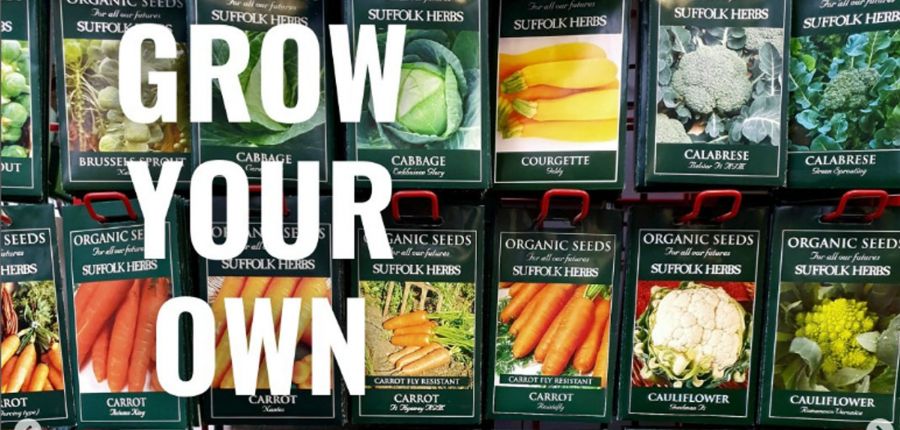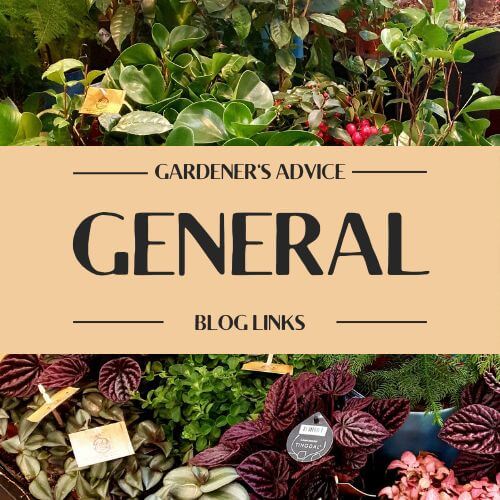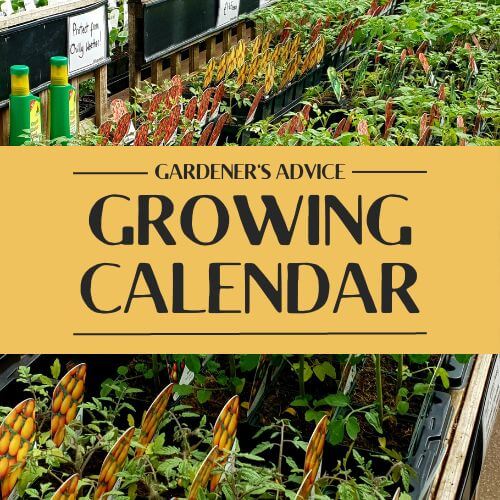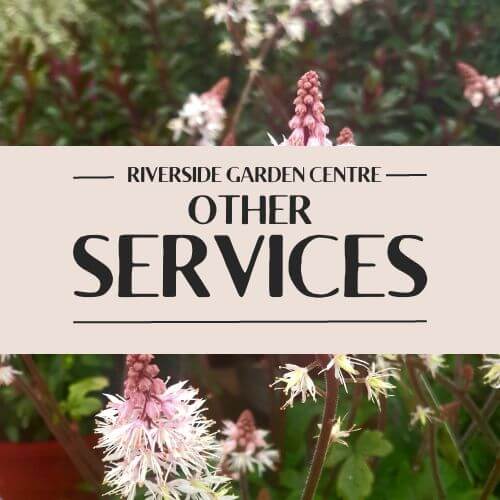Planning ahead – veg seeds for the coming season
Posted By: rocket veg Category: Growing Veg, Seasonal AdviceRainy days in late autumn….oh, the frustration of not being able to do any kind of work on your allotment! Instead – why not spend your time in the comfort of a warm house to make plans for the coming year and enjoy choosing seeds to sow.
If you are new to growing vegetables, knowing which seed to buy can be a confusing business as there is a bewildering choice of both types and specific varieties. After 16 years of ‘allotmenting’ I’m still hesitant when it comes to making a list of what seed I will need, so I find it helps to follow a few simple steps which work well for me – and might assist you too.
First - plan your veg patch
I begin by drawing a simple plan of what I intend to grow and where. I hang onto these plans which form a valuable resource as it is surprisingly easy to forget what grew where, an important consideration when rotating crops to avoid the build-up of soil-borne diseases. With this in mind, I plan my allotment into three main growing areas: for brassicas (eg all types of cabbage, kale, Brussels sprouts, radish); root crops (potatoes, parsnips, carrots, celeriac, celery, parsley etc); and other crops generally referred to as ‘legumes’ (lettuce, peas, climbing and broad beans). I also mark on my plans the location of soft fruit bushes, my three fruit trees and any piece of ground which might be left fallow (resting) or used for growing a crop of green manures during the coming year. This plan will then determine exactly how much space I will have for particular crops, especially those which need space (potatoes) and ones which are in the ground for a long time, such as cabbages and purple sprouting broccoli.
Know your soil
Before getting too far in making your list of seeds, it might be worth finding out about the soil in which they will grow. An inexpensive soil testing kit will provide invaluable information about the acidity level, but if this seems a bit technical, working out if your soil is free draining (sandy) or ‘heavy’ (clay) will help when it comes to deciding what might be done to remedy this and which plants will grow best and where.
Check left over seed
Tempting though it is to hang on to packets of unused seed in order to avoid waste, this might turn out to be a false economy as the germination rate of all types of seed reduces over time, some – parsnip being a good example - surprisingly quickly. Seed packets are clearly marked with a ‘Sow By’ date so check this before deciding whether to buy fresh seed of a favourite variety of plant.
Tried and trusted – or new and different?
When it comes to vegetable varieties, don’t be afraid to experiment. It’s easy to get into a rut and sow the same crops year in year out, ignoring the new and improved varieties which the seed companies are striving to develop and which might produce a better yield on your plot.
Ask others for advice and tips
Most allotment gardeners are keen to share ideas and pass on information about their favourite varieties of vegetables and crops which have done well, so when it comes to choosing which veg you are planning on growing, tap into any local advice.
Lastly - only grow what you like to eat!
It may seem obvious, but don’t find yourself buying seed of vegetables that you aren’t especially fond of!







